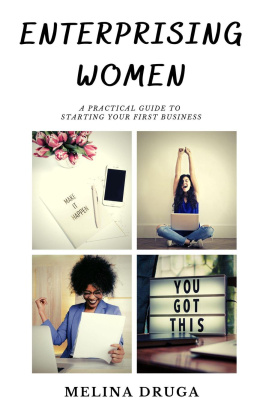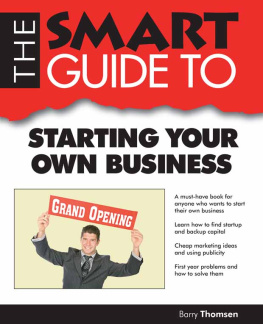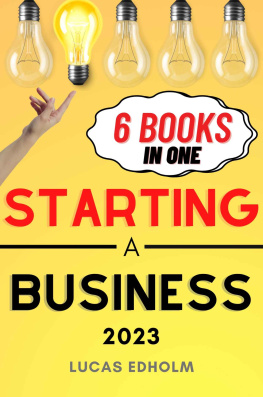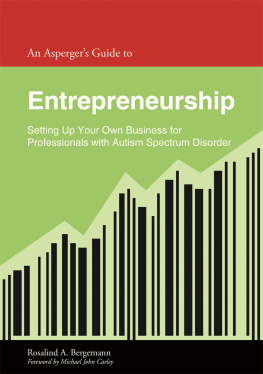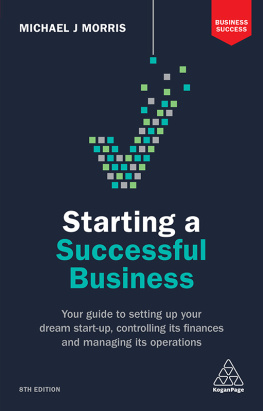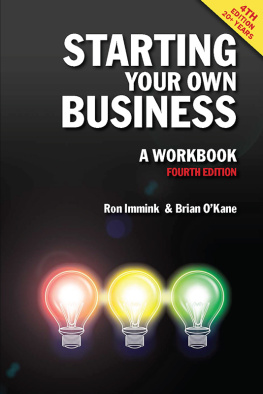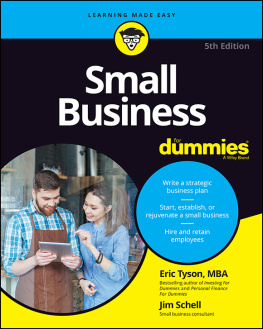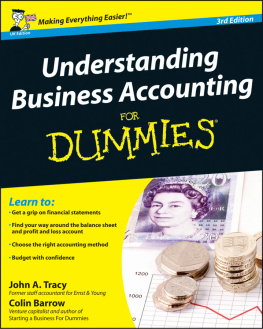Enterprising Women: A Practical Guide to Starting Your First Business
Enterprising Women, Volume 2
Melina Druga
Published by Sun Up Press, 2021.
While every precaution has been taken in the preparation of this book, the publisher assumes no responsibility for errors or omissions, or for damages resulting from the use of the information contained herein.
ENTERPRISING WOMEN: A PRACTICAL GUIDE TO STARTING YOUR FIRST BUSINESS
First edition. April 1, 2021.
Copyright 2021 Melina Druga.
ISBN: 978-1393614289
Written by Melina Druga.
10 9 8 7 6 5 4 3 2 1
S tarting your own business is one of the most empowering things youll ever do, especially if youre a woman. Its also one of the most challenging.
Every business struggles in the first several years, and half of all businesses fail within five years. There are many reasons they fail including not generating enough revenue, an entrepreneurs inner demons, unrealistic expectations, and suffering from the employee mentality.
No matter the reason, the struggle is real. Entrepreneurs suffer in silence, wondering what they have done wrong and lamenting where their dreams have gone.
This struggle, and the contrast between perception and reality, was the inspiration for the first edition of this manual, Enterprising Women: Practical Advice for First Time Entrepreneurs , which was released in 2013 and re-released in 2018.
Nearly 100 business owners were interviewed for Enterprising Women and asked a series of questions: What was your inspiration for starting your business? What services does your business provide? How did you choose your business name? Tell me about yourself, your education and what you did before starting your business? What struggles did you go through starting your business? What did the process of starting a business teach you about yourself? Where do you see yourself and your business in the future? What advice would you give someone who wants to go into business for herself?
The interviewees spoke candidly, talking about their failures as openly as their successes.
Even though it was a random sampling of female entrepreneurs, patterns emerged. The majority of the participants were mothers or grandmothers, who struggled with balancing business and family. Most did not begin their professional careers with the intent of starting a business, and 95 percent of them ran home-based businesses.
This edition of the manual removes the interviews and quotations.
Many women dream of successful business ownership; few achieve it. The business world is, in many ways, still an all-boys club, but dont let that dissuade you. If youre smart and plan, the skys the limit. This guide will inform you of everything thats involved in starting a business and help you determine if youre an enterprising woman.
The advice here is aimed at individuals who have never started a business and would like to know what business ownership entails. It is aimed at those starting a business from scratch, not direct sales or multilevel marketing (MLM) businesses.
Chapters are arranged chronologically, following the path an entrepreneur does, starting with inspiration and ending with the challenges of self-employment.
At the end of each chapter is the Advice from the Experts section. These sections contain advice from the women who appeared in the first edition of Enterprising Women .
Women face many stereotypes and pressures from society, and sometimes they need an extra push to follow their dreams. Enterprising Women: A Practical Guide to Starting Your First Business is intended to be that push as well as a loyal friend who consistently tells you, Keep going. You can do it.
Step 1: Deciding on a Business
A re you cut out to be an entrepreneur? I imagine this might the first time someone has asked you that question. However, it is one every aspiring business owner must ask. Not everyone is cut out for entrepreneurship. Those who do generally possess certain characteristics.
Entrepreneurs are:
- creative
- inquisitive
- driven
- goal-oriented
- independent
- confident
- calculated risk taker
- committed
- avid learners
- self-starters
- hard working
- resilient (able to change when necessary or grow from failure)
In addition, entrepreneurs possess:
- high-energy levels
- integrity
- problem-solving skills
- strong management skills
- organizational skills
Does education play a role? It depends on the type of business. It may be necessary if you need expertise in a specific field. You also may want to take courses to learn skills that are best learned in a classroom rather via trial and error, such as public speaking. Learning opportunities also exists from networking with other entrepreneurs.
Questions to Ask Yourself
Do you have the personality necessary to start a business? Ask yourself these questions:
- Am I detail oriented?
- Why do I want to start a business?
- What sacrifices am I willing to make to be successful?
- Am I willing to put my family and personal life on hold during the start-up phase and whenever else is required?
- Do I have a thick skin?
- Do I have business savvy?
- Am I financially prepared to start a business? If not, can I secure funding?
- Do I have a track record of reaching my goals?
- Do I have a business idea thats a solution to a problem?
- Is there a market for my idea?
- How will I do it better than my competitors?
If you answered yes to the majority of these questions, its time to decide what type of business to open.
Service or Product Business?
Service businesses provide a basic need. Marketing, writing and editing, medical billing and coding, website design, and social-media management are examples of service businesses. They are ideal home-based businesses, have low overhead and are more flexible.
Product businesses provide just that products. Cupcake bakeries, book retailers, and homemade jewelry are examples of product businesses. They are more difficult to run from home, have high overhead and usually require stocking inventory or owning specialized equipment. They may require factory production, a brick-and-mortar location and employees.
Sit down and make a list of all your skills, experiences and interests. When you review the list, take several things into account. What are your strengths and weaknesses? What type of jobs do you enjoy? What type of work do you dislike? What is your expertise? If you pick a career field youre merely interested in, but have no knowledge or experience in, are you willing to take the time to learn the industry before your business opens?

